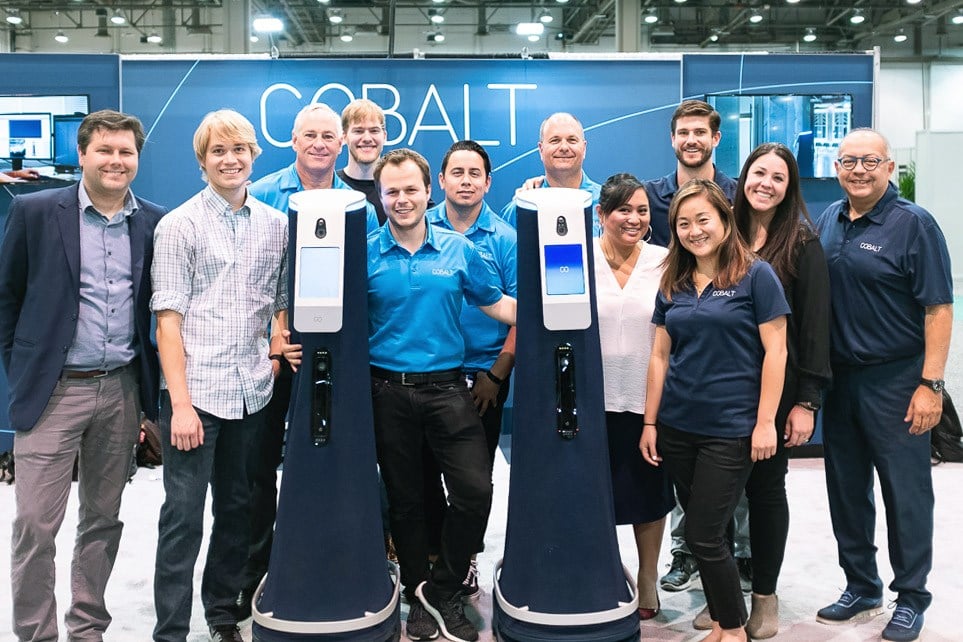Technology driving the future of the security industry was front and center at this year’s ISC...
GSX provides a glimpse at the future of workplace security
What does the future of security in the workplace look like? The Global Security Exchange (GSX) conference in Las Vegas provided a window into that future last week, showcasing the latest technologies and solutions made possible by these advancements. As security professionals have been tasked to continually “do more with less”—even with risks increasing and budgets tightening—technology proves to be a valuable tool in alleviating many of these constraints.
From connectivity to automation, technology is an integral resource that helps businesses manage everything from inventory and employee productivity to finances and customer outreach. Security in the workplace has made significant technological advancements in recent years, with technology as a critical tool leveraged to protect employees, property, and assets.
[blog-image image=”/wp-content/uploads/2018/12/gsx_2018-travis-deyle.jpg, /wp-content/uploads/2018/12/gsx_2018-erik_schluntz.jpg” text=”Both founders had an opportunity to share their expertise. CEO Dr. Travis Deyle participated in a panel about how robotic droids are reshaping traditional security paradigms, while CTO Erik Schluntz contributed to a panel about drones as force multipliers.”]
Robotics was a hot topic throughout the show and provided Cobalt an opportunity to showcase the possibilities in the future of the workplace to both upgrade and amplify an existing security strategy. Cobalt co-founders Travis Deyle and Erik Schluntz presented at GSX, covering such topics as building your autonomous security strategy, force multipliers, and artificial intelligence. On the expo floor, Cobalt robots demonstrated their abilities to detect and investigate open doors, unauthorized people, hidden water leaks, and suspicious events or sounds. Cobalt’s service continues to lead in the automated security space with its leading-edge combination of robotic surveillance and real-time human intervention.
It’s predicted that within the next five to 10 years, security robots will be a common resource in the security professional’s tool belt and a critical component in workplace security. As threats grow and evolve, security professionals will rely on paired technology that brings together automation and human intelligence to implement and manage a successful program.


.png?height=200&name=520917_GSX-2019-Social-Media_Set-7-1200x600_090319%20(1).png)